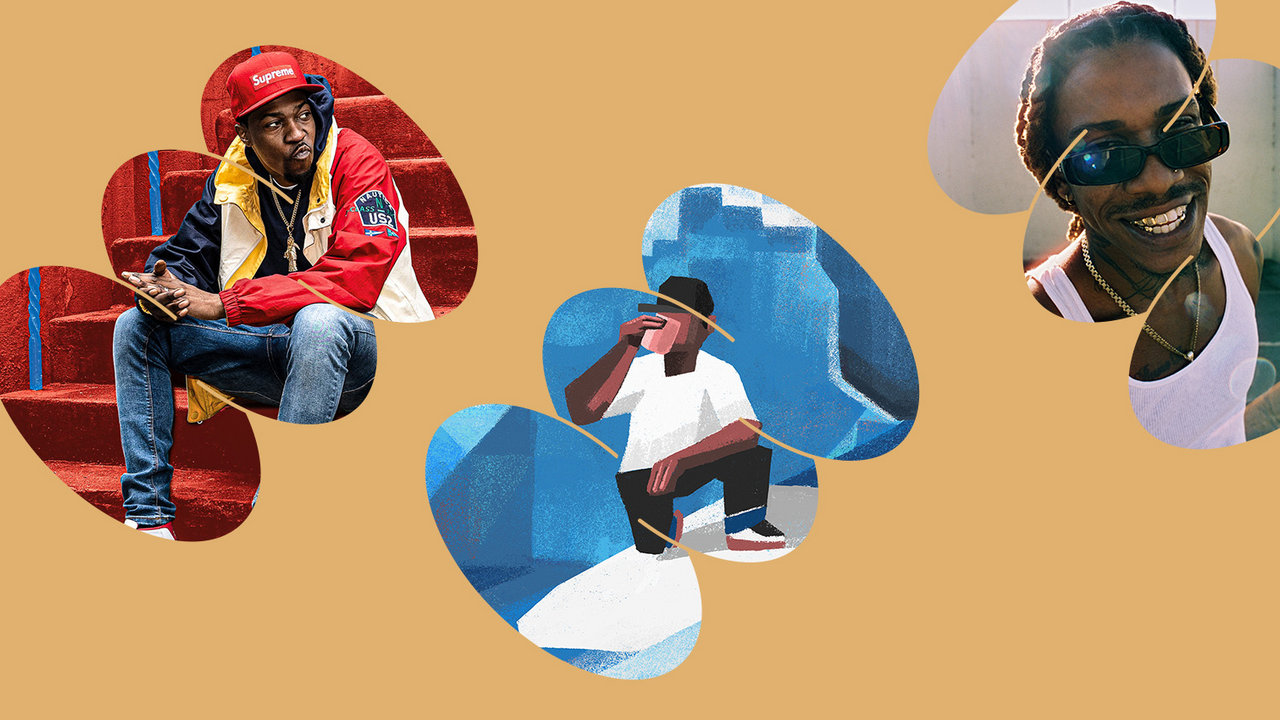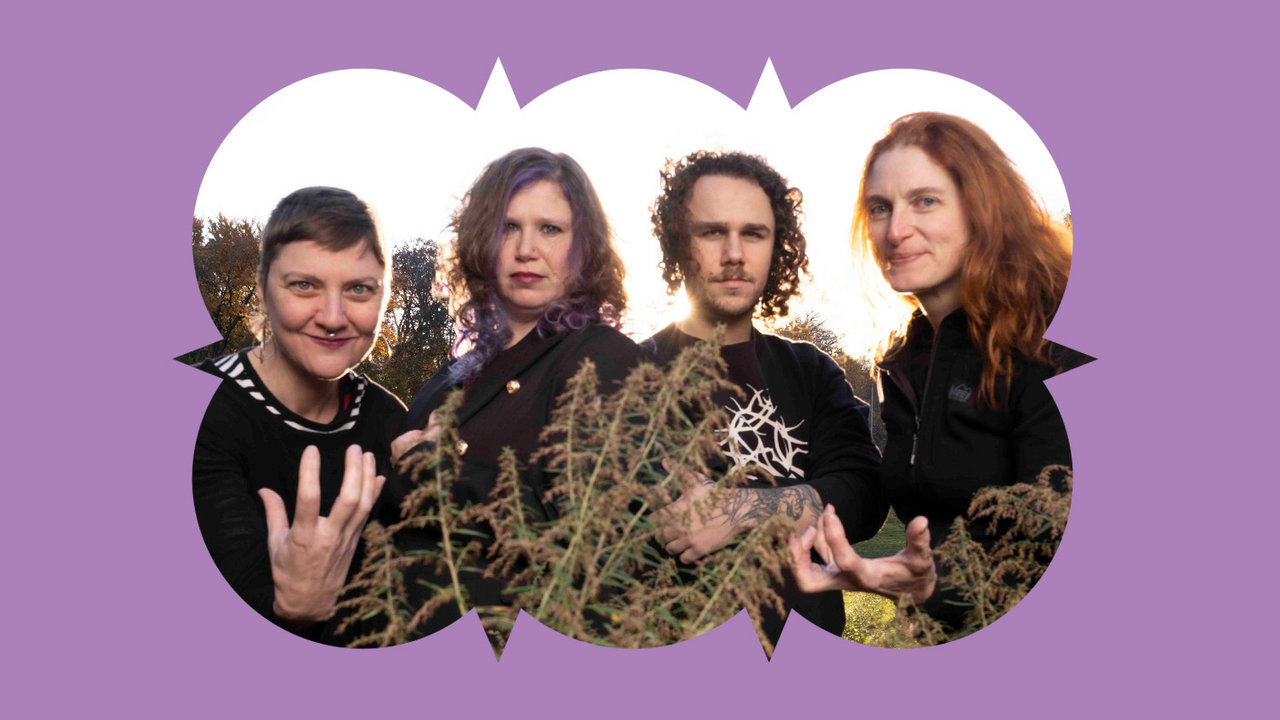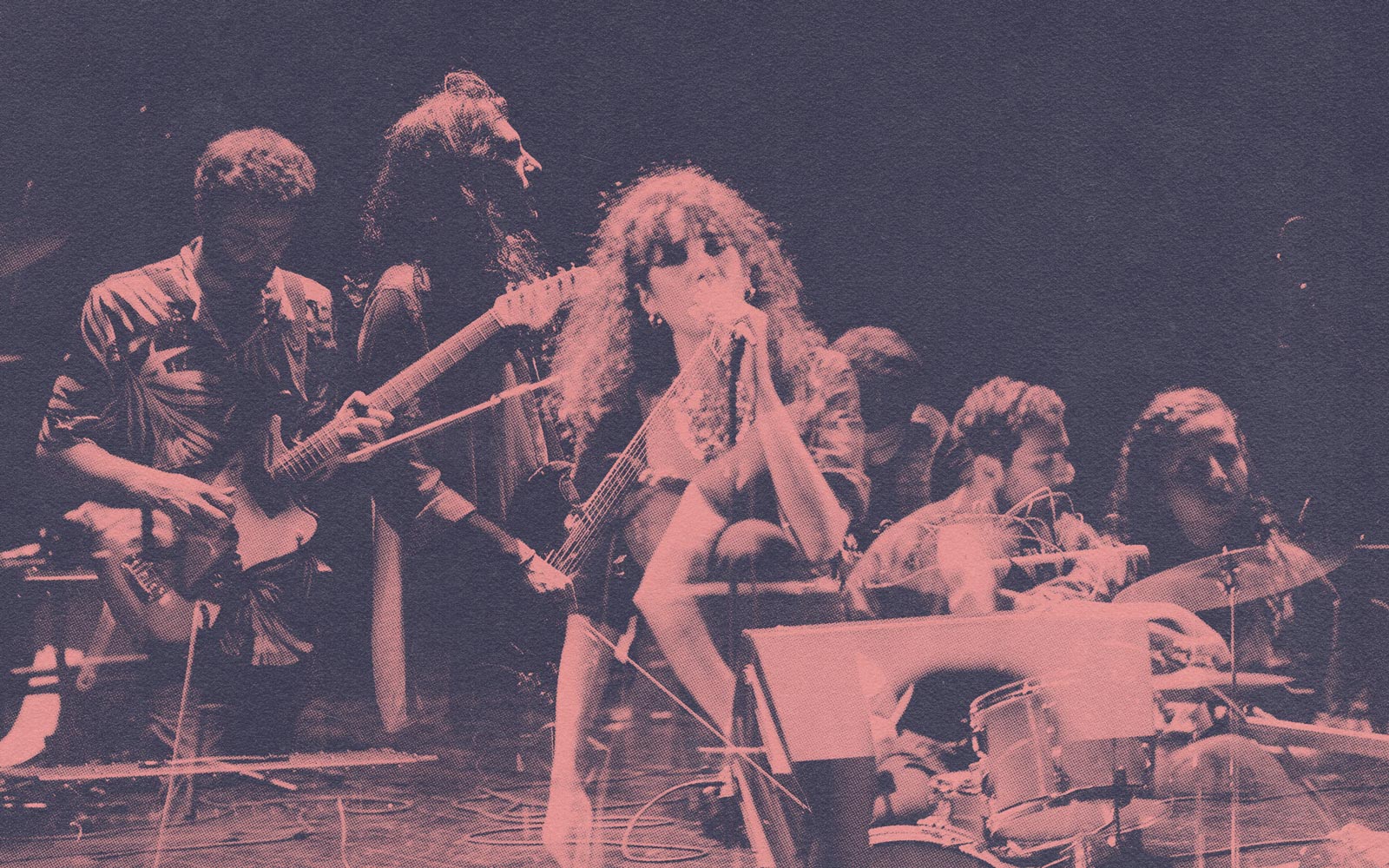
The debut album from the Beirut-based band SANAM, titled Aykathani Malakon صنم – أيقظني ملاك (Awoken by an Angel) is a feast for the senses—an amalgam of krautrock, free rock, Arabic maqams, and poetry. The post-folk album unfolds slow and dreamlike, opening with echoing bells, resonating beats, and the melancholy melodies of the buzuq (a fretted string instrument with a pear-shaped body and long thin neck, popular in the folk music of the Levante), followed by striking guitar riffs and the sentimental voice of Lebanese singer Sandy Chamoun. “There are poets within the album invoking hallucinatory vibes,” explains Chamoun. “They are philosophizing our lives because this is what we need: to philosophize and think over our society and our reality.”
It’s fitting that a group as experimental as Sanam can trace its origins to Faust’s Hans Joachim Irmler. Irmler was invited to participate in Lebanon’s Irtijal Festival by the festival’s co-founder, Sherif Sehnaoui. “It was Sheriff’s idea to ask Anthony [Sahyoun] if he could bring together a band from different backgrounds, to experiment with Irmler during a three-day residency,” Chamoun recalls. “Anthony was the connection between us. He knew me, Pascal [Semerdjian], Marwan [Tohme], and Antonio [El Hajj Moussa] and I knew Farah [Kaddour]; so we met.” Hajj brought his bass; Kaddour her buzuq; Sahyoun his guitar and synths; Semerdjian drums; and Tohme played an array of guitars, carving out a new sound from within one of the most challenging periods of Lebanese modern history, drawing on the haunting poetry of Arabic language giants like Paul Shaoul and the songs of Sayyed Darwish. “[At first] I didn’t feel that Irmler was very active,” Chamoun recalls. “But when we played together, he played things we didn’t expect. He told us things during the workshop that we didn’t understand. I really respect him, and how he left us to independently figure things out; he would only listen, observe, and make the random comment here and there. He comes from a completely different background, yet I had the feeling that it was refreshing for him to listen to new sounds.”
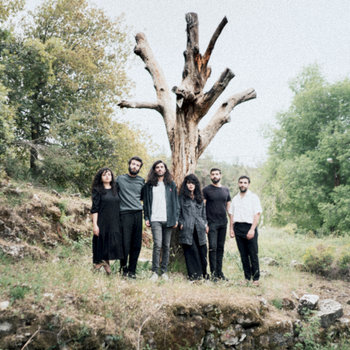
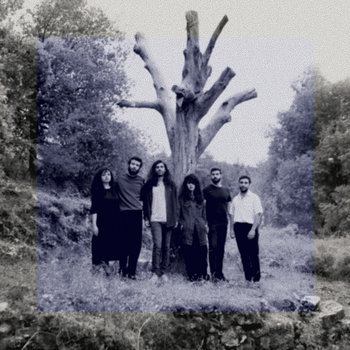
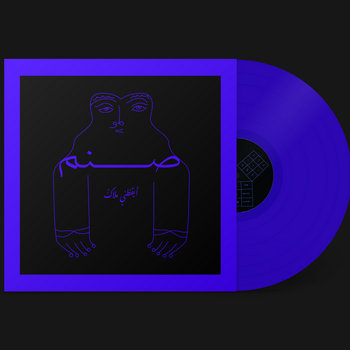
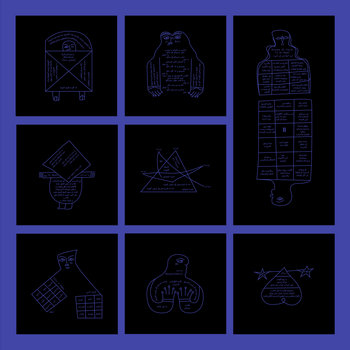
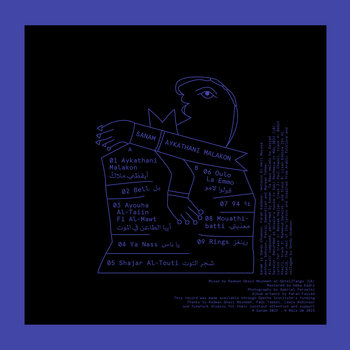
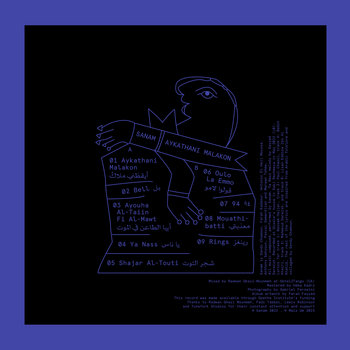
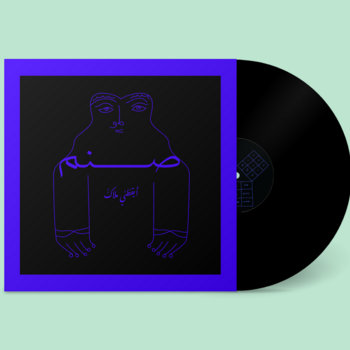

Vinyl LP




The experience proved to be liberating for the band, who decided to go on a 10-day retreat to push their sound further. “SANAMwas a project of enthusiasm, and then there was a lot of questioning of whether to carry on or stop,” explains Kaddour, one of the few female buzuq players in the entire world. “I decided to carry on after we agreed to come up with something new, so I realized that we [were going to make something] abstract. I wanted to stay away from ‘world music.’ In SANAM, I have a maqam interwoven with electronic guitars and synths—it’s a space for experimentation and education.”
Kaddour earned an MA in musicology at Antonine University in Beirut, and came to the buzuq by coincidence; “Buzuq is a folk instrument, played by travelers and common people, not in castles or kingly courts,” she says. “The buzuq doesn’t have a written methodology, and we maintain its free spirit within the album. We don’t study the instrument at conservatoires. I was lucky to have come across the teachers I did—playing oud with acclaimed Egyptian musicologist Mustafa Said, whose approach to improvisation influenced the way I play the buzuq. I also came across the work of Muhi Eddine Baayoun whose songs and compositions from the early 20th century left a lasting mark on the world of buzuq. After I finished my research into his methodology, something changed in me.” Kaddour’s mastery of the instrument shines through on “94 ۹٤,” improvising with the phrasing and conversing with electric guitars and percussive instruments.
Myriad local influences, along with their drive to liberate music from prescribed forms, courses through every track on the group’s debut, which they recorded during a residency planned in response to their initial Irtijal performance. “We went on a music residency for 10 days in the North of Lebanon in a small guest house in Saqi Rechmaya,” Chamoun recalls. “Anthony and Marwan are sound engineers, so they shuffled the furniture around and converted the space into a studio.” Listening to the album, traces of the place it was recorded are apparent. “The Palestinian folk song ‘Oolo La Immo’ (Tell His Mother) was recorded in the guesthouse, so the recording includes the sounds of the place, which was a challenge during the mixing stage,” Kaddour recalls. The drums reverberate in the distance, while Chamoun’s voice echoes off the walls.






Vinyl LP




Chamoun also took a circuitour path to music, starting out as a student of cinema and theatre at Université Saint-Joseph de Beyrouth. “I never wanted to be a singer,” she says, “but I was interested in the use of voice as an instrument.” Chamoun gradually earned a reputation for singing satirico-political songs from the Egyptian and Levantine repertoire, including those of revolutionary Egyptian singer Sheikh Imam. “I was forced to memorize a lot of songs because of the performances I was doing at [Beirut theater] Metro Al-Madina, and I didn’t feel that I had my own repertoire.” So in 2020 she started working on her first solo track inspired by what she was living through, “I was going through the demonstrations and couldn’t think of anything else,” she says. “And I filmed videos, and I would only focus on the sounds, because sound is vaster than an image. You can put sound anywhere and you can take it wherever; it travels. Whereas an image limits you geographically.” (In an attempt to evolve and explore those vast worlds of sound, Sandy released her solo debut, Fata 17, in December of last year.)
Through improvisation, dissonance, and difference, Sanam’s music demonstrates the beauty of the random and the impulsive. “We knew that sounds like the modular that Anthony was playing, the way Marwan and Anotonio use the guitars, the way Farah performs the buzuq—it’s all in the heart of the Arabic music system, alongside Western instruments. And people loved it.”

